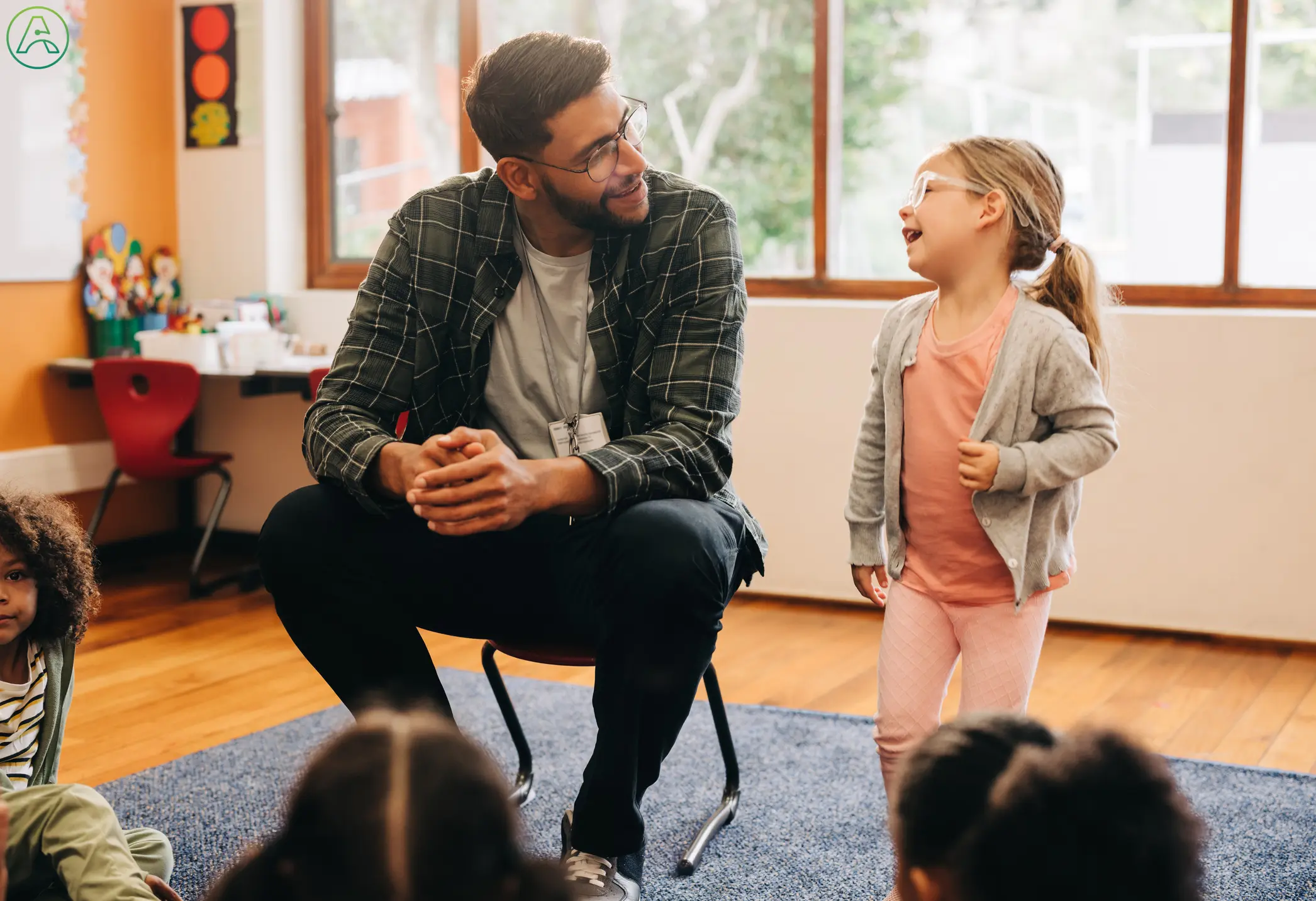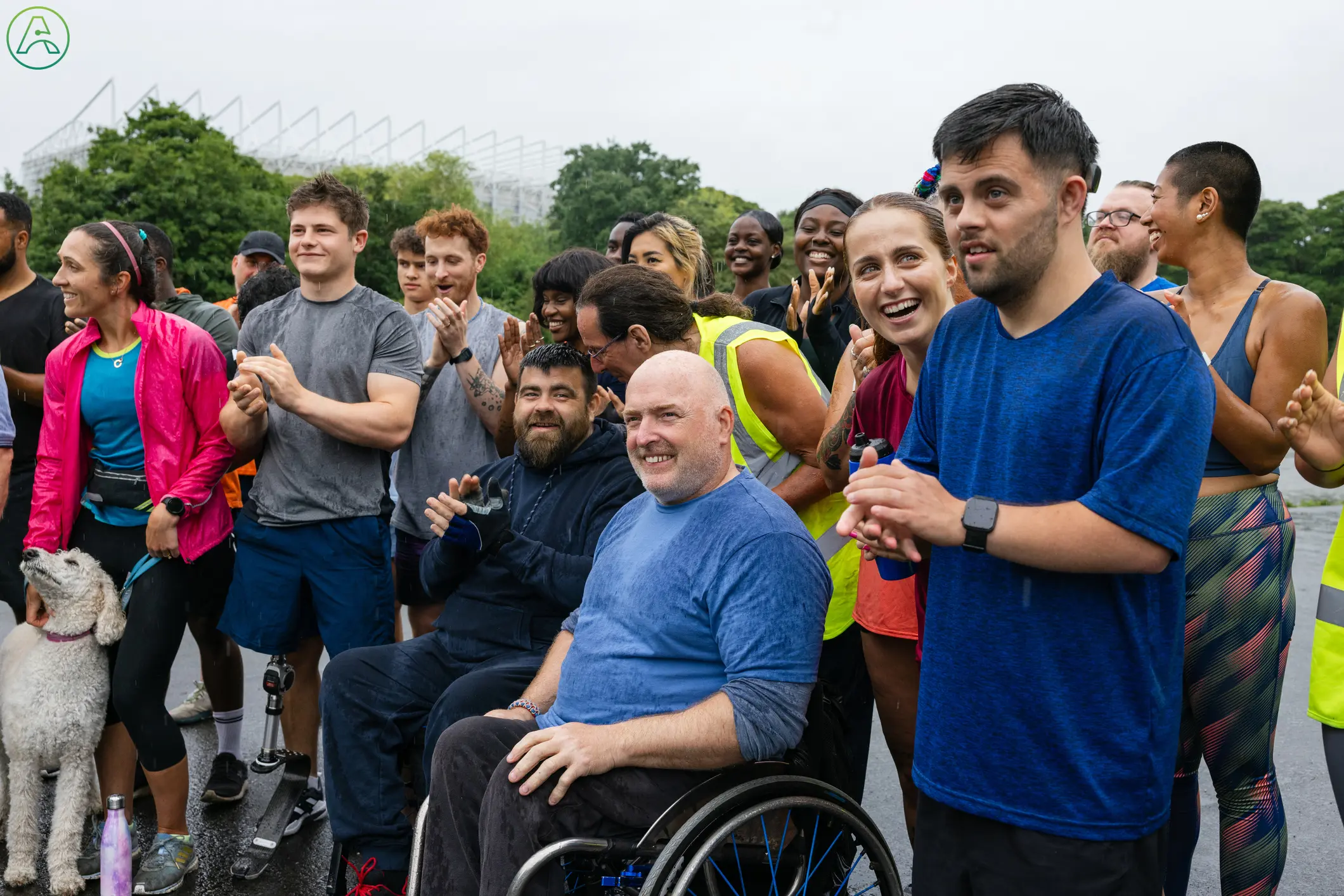A long-term plan is an essential part of dealing with a deafblind diagnosis. In this article, Ability Central will address the following:
Does the Americans with Disabilities Act (ADA) cover deafblindness?
What are other US programs available to help people who are deafblind?
Why are mental health professionals and support groups important for people who are deafblind?
Where can a person who is deafblind find support and a support group?
Where can I get more information about deafblindness?
Does the Americans with Disabilities Act (ADA) cover deafblindness?
The Americans with Disabilities Act (ADA) requires that State and local governments, businesses, and nonprofit organizations communicate effectively with people with communication disabilities. The goal is to ensure that communication with people with these disabilities is equally effective as communication with people without disabilities. It is important that you understand your rights under the law.
When interacting with a business or government program, the ADA requires that you have access to any of the following to help to facilitate communication:
A qualified reader who can read effectively, accurately, and impartially, using any necessary specialized vocabulary
A qualified notetaker
A qualified sign language interpreter, oral interpreter, cued-speech interpreter, or tactile interpreter
Closed captioning or real-time captioning
Video relay service (VRS)
Video remote interpreting (VRI)
What are other US programs available to help people who are deafblind?
The Federal Communication Commission (FCC) offers the National Deaf-Blind Equipment Distribution Program (NDBEDP), also known as iCanConnect. This program provides the equipment needed to make telecommunications, advanced communications, and the Internet accessible to low-income people who are deafblind. Learn more at iCanConnect.org.
In addition, there are multiple insurance programs available for those who qualify. For example:
Medicaid pays for medical care for people with very low incomes. It can assist with long-term care.
Medicare is a federal health insurance program for people 65 or older who receive Social Security retirement benefits or are younger than 65 and have received Social Security disability benefits for at least 24 months.
Medigap insurance supplements the person's Medicare coverage to help with things like deductibles.
Social Security Disability Insurance (SSDI) provides workers younger than 65 with Social Security disability payments. To qualify, the person must be unable to work in any occupation.
Supplemental Security Income (SSI) guarantees a minimum monthly income for people aged 65 or older who are disabled or blind and have minimal income and assets.
Veteran’s Affairs (VA) provides health care benefits for veterans who have actively served in the military.
Why are mental health professionals and support groups important for people who are deafblind?
A report released in 2017 showed that almost 62% of deafblind people studied were also diagnosed with a mental disorder. Those disorders included:
mood disorder
anxiety, stress-related, and somatoform disorders
schizophrenia, schizotypal and delusional disorders
Deafblindness can also create significant barriers to access to information and communication, isolating a person from their community and support systems. This can often lead to marginalization and discrimination, both in personal and professional life. The impact of this separation can have a profound effect on the mental health and well-being of someone who is deafblind.
It can be beneficial for many people who are deafblind to seek mental health evaluation and support.
Where can a person who is deafblind find support and a support group?
There are many great resources online to connect people who are deafblind and their families with support services. These include:
The Helen Keller National Center (HKNC) for Deaf-Blind Youths & Adults provides training and resources to people aged 16 and over who have combined vision and hearing loss.
The National Center on Deaf-Blindness (NCDB) works with families and federal, state, and local agencies to provide technical assistance, information, and personnel training.
The National Family Association for Deaf-Blind (NFADB) is the largest national nonprofit organization empowering families with individuals who are deafblind.
The CHARGE Syndrome Foundation offers support for individuals with CHARGE syndrome, their families, and those who serve them.
Hands & Voices is a nonprofit, parent-driven organization dedicated to supporting families of children who are deaf or hard of hearing.
Deafblind Citizens in Action (DBCA) focuses on education, technology, and legislation.
On Facebook, the Deaf Blind Support Group is a great place to exchange ideas and discuss common issues with others facing the same challenges.
Where can I get more information about deafblindness?
Ability Central has a suite of four articles to help you learn about deafblindness.



